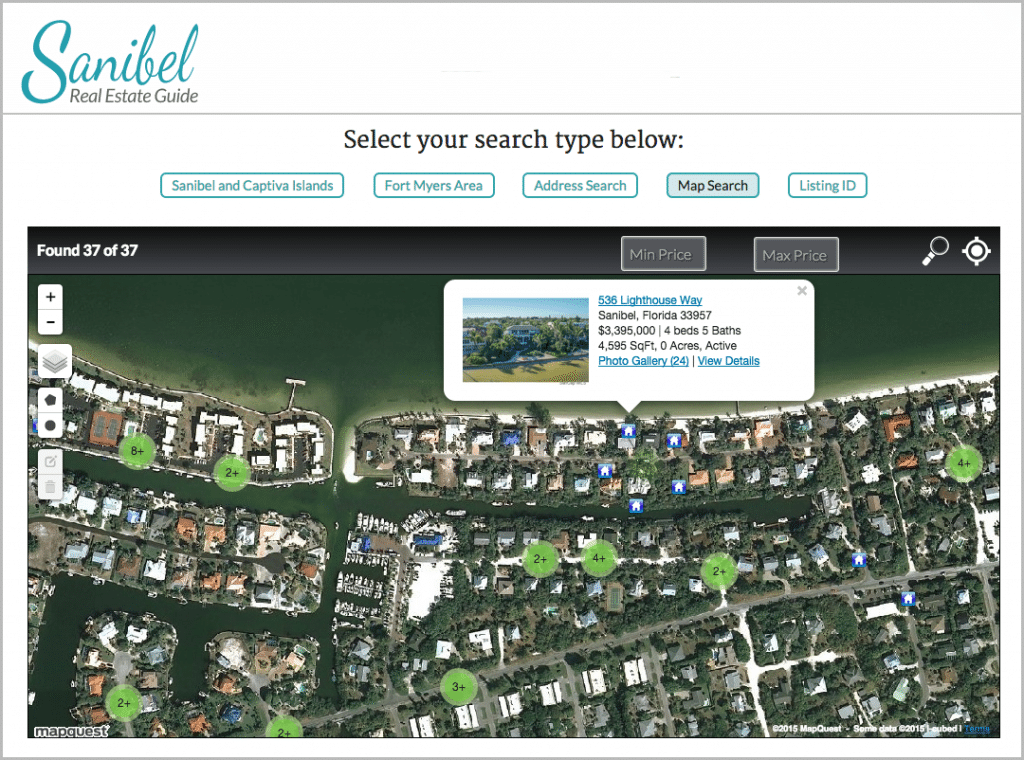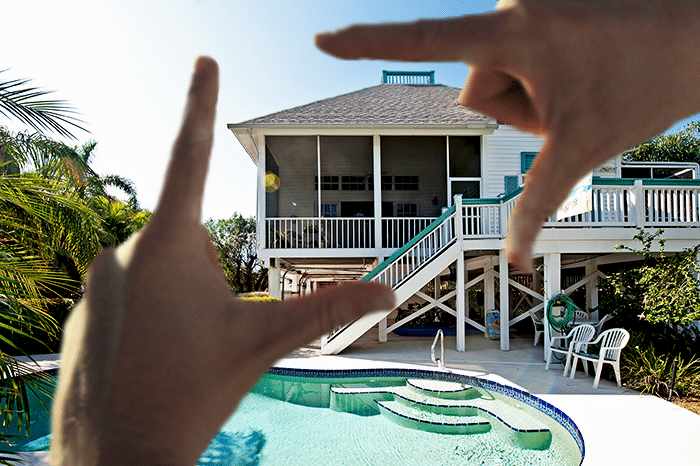9 Valuable Home Selling Tips You Should Know to Get Your Home Sold FAST and for TOP DOLLAR!
Here’s 9 tips on protecting and capitalizing on your most important investment – Your Home! Reduce stress, be in control of your home sale and make the most profit possible.
-
Understand The Reasons Why You Are Selling Your Home, and Keep Them To Yourself.
Your motivation to sell determines how you will approach the selling process. It will affect everything from your asking price, to how much time, money and effort you’ll invest in preparing your home for sale. Remember to keep your reasons for selling to yourself. You don’t want to provide ammunition to buyers by telling them you need to sell fast. This could place you at a disadvantage in the negotiation process.
-
Do Your Homework Before Setting a Price.
When you set your price, you make buyers aware of the absolute maximum they have to pay for your home. If you start out by pricing too high you run the risk of not being taken seriously by buyers and agents. However, pricing too low can result in selling for much less than expected.
Research homes in your neighborhood – If your home is comprised of similar floor plans or built in the same period as other homes in your neighborhood, simply look at recent sales for an idea of what your home is worth.
Look into public records – City Hall can provide you with home sale information for most communities in its public records.
Seek the help of a Realtor – Since neighborhoods change overtime, you may find that homes are not comparable to your own. A Realtor can help you make tough pricing decisions based on their experience and knowledge of the current market.
-
Get an Appraisal and Understand Tax Assessments.
Getting an appraisal is a good way to let prospective buyers know that your home can be financed. Keep in mind that an appraisal does cost money, has a limited life, and there’s no guarantee you’ll like the figure you hear. Some people think that tax assessments are a way of evaluating a home. It’s important to understand assessments are based on a number of criteria that may not be related to property values, so they may not necessarily reflect your home’s true value.
-
Decide on a Realtor®.
According to a survey by the National Association of Realtors, nearly two-thirds of people who sell their own homes say they wouldn’t sell on their own again. Primary reasons included pricing, marketing handicaps, liability concerns and time constraints. When deciding upon a Realtor®, consider two or three. Be as wary of quotes that are too low as those that are too high.
Carefully evaluate each candidate on the basis of experience, qualifications, enthusiasm and personality. Be sure you choose someone that you trust and feel confident about.
-
Leave Room To Negotiate.
When you set your price, you make buyers aware of the absolute maximum they have to pay for your home. If you start out by pricing too high, you run the risk of not being taken seriously by buyers and agents. However, pricing too low can result in selling for much less than expected. It’s important to leave room for negotiation. A good real estate agent will bring significant experience with negotiation strategies. Read about successful negotiating strategies from top agents here.
-
Appearances Do Matter – Make them Count!
The look and “feel” of your home will generate a greater emotional response than any other factor. Prospective buyers react to what they see, hear, feel and smell even though you may have priced your home to sell. Scrub, scour, tidy up, declare war on dust and repair squeaks, because you never know what turns off buyers. Remember, you’re not just competing with other resale homes, but brand-new ones as well.
-
Allow Buyers to Visualize Themselves in Your Home.
The last thing you want prospective buyers to feel when viewing your home is that they may be intruding. Remove family photos and personal art. Decorate in neutral colors, like white or beige and place a few carefully chosen items to add warmth and character. You can enhance the attractiveness of your home with a well-placed vase of flowers or potpourri in the bathroom. Home-decor magazines like RELATORmag are great for staging tips.
-
Disclose Everything and Keep Emotions in Check.
Smart sellers are proactive in disclosing all known defects to their buyers in writing. This can reduce liability and prevent law suits later on. Also, let go of the emotion you’ve invested in your home. It’s important to maintain a business-like manner in your negotiations.
-
Learn the Buyers Motivations.
The more you know your buyers, the better you can control the pace and duration of the process.
As a rule, buyers are looking to purchase the best affordable property for the least amount of money. Knowing what motivates them enables you to negotiate more effectively. For example, does your buyer need to move quickly. Armed with this information, you are in a better position to bargain.



